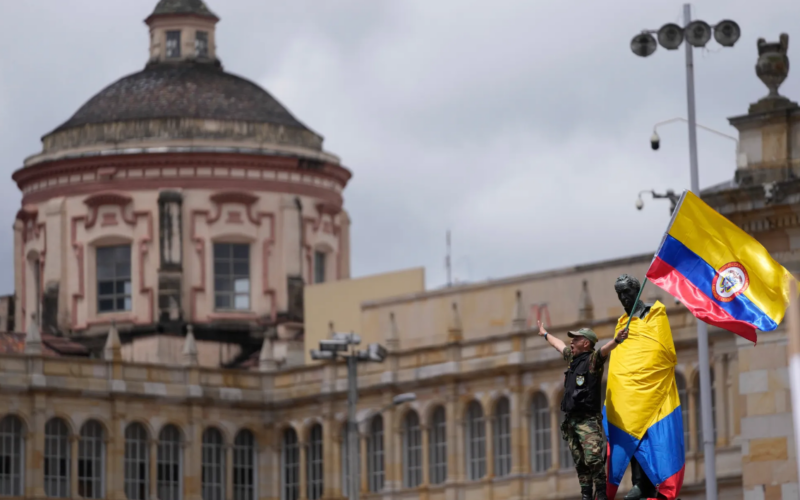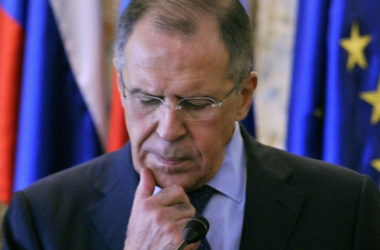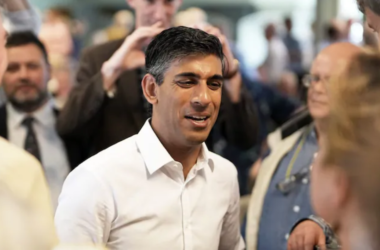Across Colombia’s major urban centers, thousands of citizens flooded the streets on Wednesday, voicing their dissent against a series of political, economic, and social reforms championed by President Gustavo Petro. The protests also served as a platform to demand urgent action to address the nation’s escalating security challenges.
President Petro, a leftist figure elected in 2022 on a platform promising to combat poverty, inequality, and bring an end to Colombia’s protracted internal conflict, found himself confronted by a wave of public outcry against his reform agenda. With a death toll exceeding 450,000 over six decades of conflict, the Colombian populace harbors deep-seated concerns regarding the direction of governmental policies.
The government’s ambitious reform proposals, spanning healthcare, pension systems, labor regulations, and education, encountered staunch resistance both in Congress and from opposition factions. In the capital city of Bogota, demonstrators filled the streets, echoing chants of “No more Petro!” and “Petro, out!”, brandishing flags and placards adorned with slogans denouncing the president’s initiatives.
Speaking amidst the throngs of protesters, Congressman Miguel Polo Polo articulated the prevailing sentiment, denouncing the proposed reforms as detrimental to the nation’s well-being. “They are disastrous reforms for our country that are going to lead Colombia into a hole… that is why we are here,” Polo Polo conveyed to Reuters, encapsulating the widespread discontent.
Joining the chorus of dissent, protester Clara Prieto, draped in Colombia’s national flag, lamented the perceived deception of Petro’s administration, asserting, “This corrupt government promised change and deceived all Colombians.”
Amidst the peaceful demonstrations that extended to cities like Medellin and Cali, the police reported the participation of approximately 52,000 individuals nationwide by midday, underscoring the breadth of public discontent.
In defense of his reform agenda, President Petro contends that the proposed changes will ultimately benefit Colombia’s most marginalized communities. “There will always be those coming from privilege who do not want to lose (their privileges),” Petro asserted defiantly during a government event in Bogota on Wednesday.
Nevertheless, Petro faces a daunting legislative landscape as reform proposals navigate the corridors of Congress. Lacking a majority among lawmakers following the dissolution of a fragile coalition in April, Petro’s ability to advance his agenda remains uncertain amidst mounting opposition.








